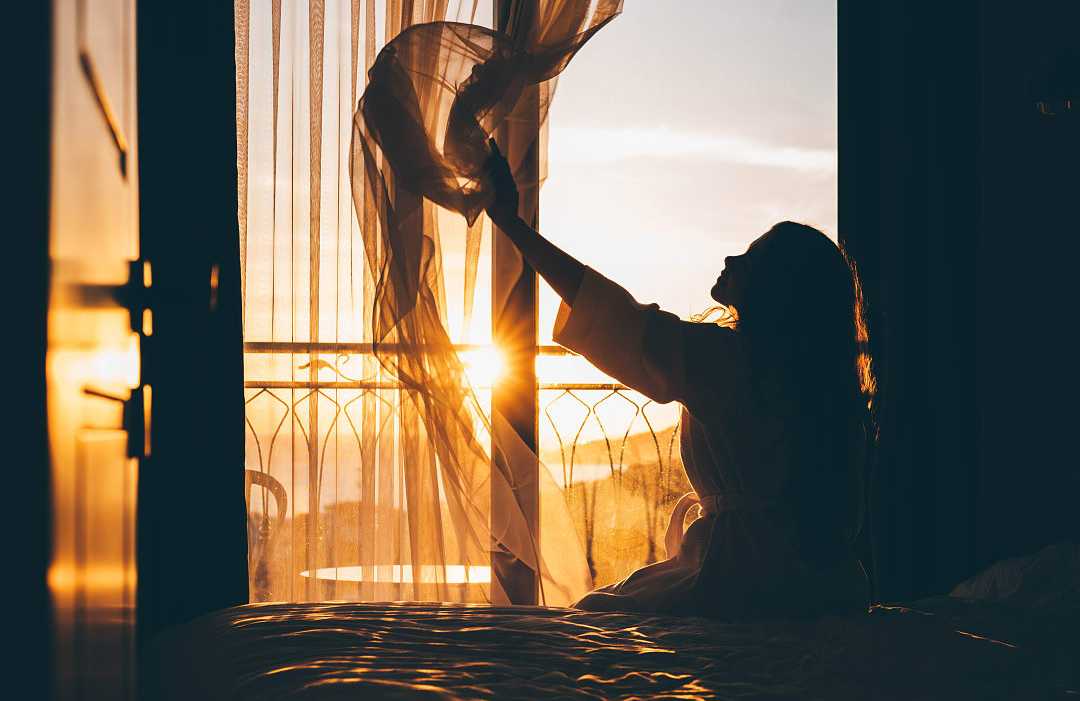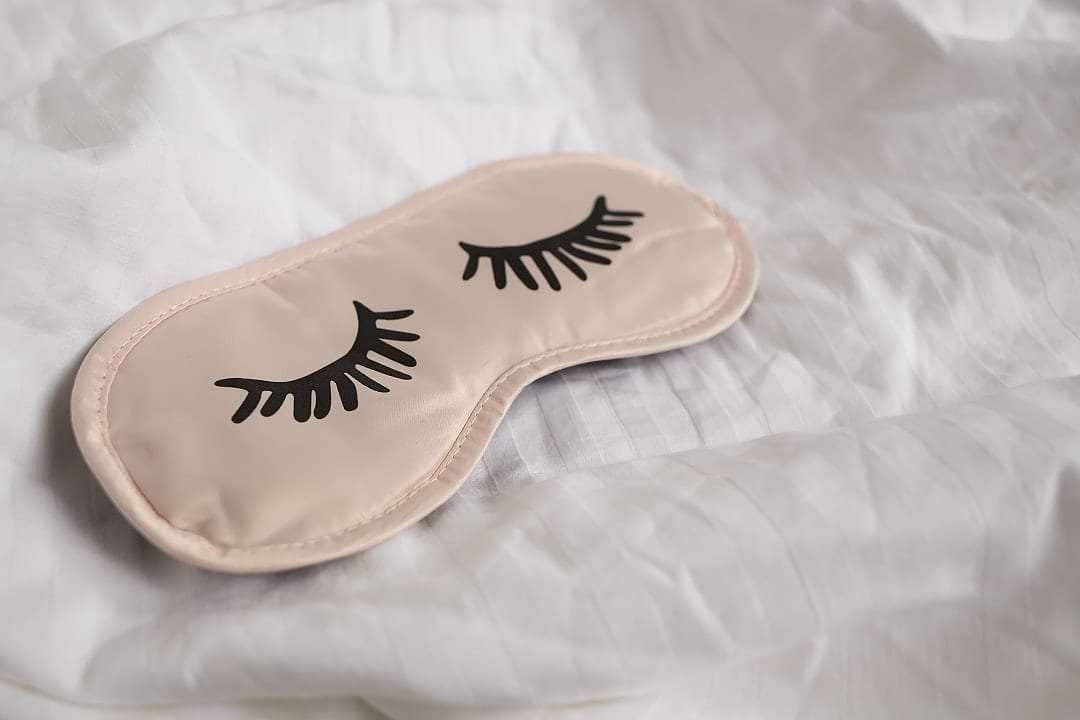Sleep researchers widely acknowledge the “first-night effect,” where your brain struggles to fully unwind in unfamiliar surroundings, impacting sleep quality on the first night away from home. Understanding this is the first step toward conquering it. Successfully combating the "first-night effect" on your luxury travels hinges on a proactive approach that signals safety and familiarity to your brain. By strategically managing your environment, maintaining comforting routines, and using relaxation techniques, you can ensure your body and mind quickly adapt to new surroundings and achieve restorative sleep.
Here are the core principles to guide your efforts:
- Create Familiarity: Introduce sensory cues like scents, textures, and sounds from home.
- Allow for Acclimatization: Give yourself ample time to settle into your new space.
- Maintain Routine: Stick to a consistent, even abbreviated bedtime ritual.
- Optimize Environment: Control light and temperature for ideal sleep conditions.
- Mind Your Intake: Avoid heavy meals and alcohol close to bedtime.
- Practice Relaxation: Employ techniques like progressive muscle relaxation to unwind.
- Prioritize Longer Stays: Allow your brain time to adjust to each new location.









